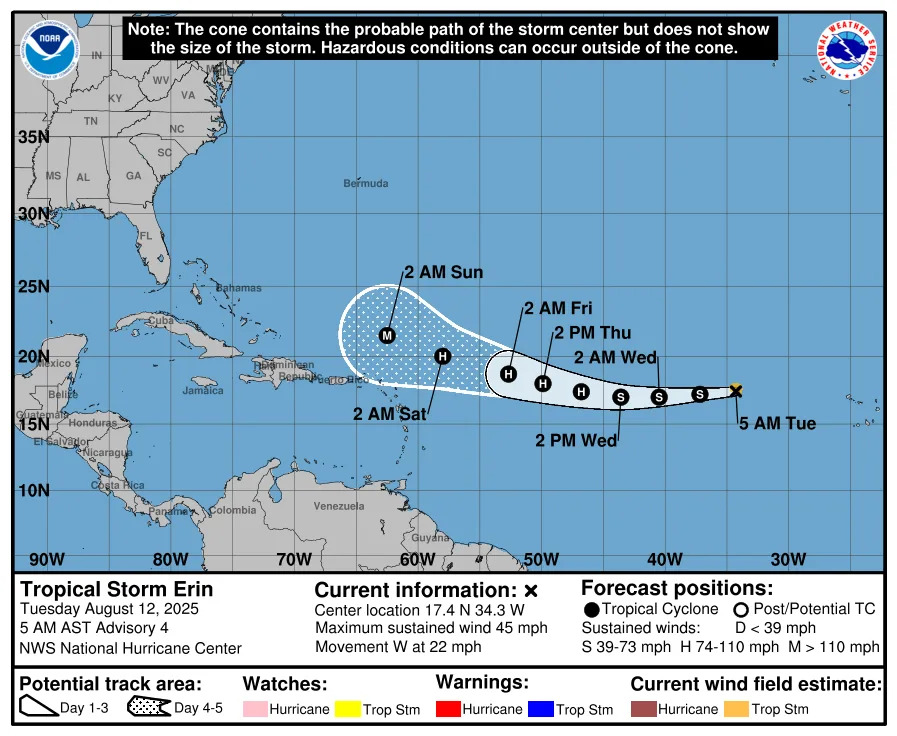
Suppose the company you work for is doing something that’s very expensive, takes a lot of time and never delivers the result it was intended to produce.

Oh, and one other thing: Do it wrong, and the consequences are ghastly — and irreparable.
That’s where Florida finds itself with capital punishment. Our state leads the nation in putting killers to death this year, but no one really believes death sentences are working. We’re no safer now than when John Spenkelink was the first killer in modern times to die in the electric chair on May 25, 1979.
The state has executed 114 more killers since then, nine of them this year. Two more are set to die this month.
The most recent, Edward Zakrzewski, received a lethal injection on July 31 for the murders of his wife and two children. His deserved execution came 31 years after his crimes, which points up one of the serious flaws in the system. All nine men executed this year were on Death Row for more than 20 years, and three of them were there about 30.
The ultimate sentence is supposed to be a deterrent. But how can any punishment deter any crime if the reality is, “You kill that guy, and we’ll kill you 30 years from now?”
Gov. Ron DeSantis and scores of mostly Republican legislators would do it faster, but the courts insist on all that due-process stuff. That’s due to the risk of getting it wrong.
Florida has a chilling record of “exonerations” — a comforting way of saying “Oops!” — on Death Row. There have been occasional bills introduced to abolish the death penalty and substitute mandatory life in prison, but they never get so much as a committee hearing.
Gov. Reubin Askew was in office when the U.S. Supreme Court halted executions nationwide in 1972. Southern politicians howled that the justices had subverted justice, and many Florida legislators tried to call themselves into a special session to again plug in the chair.
Askew, a former state prosecutor who could not be called soft on crime, took months and consulted Floridians on all sides.
He finally agreed to a limited law he hoped would end “freakish and whimsical” application of capital punishment, which had caused the nation’s highest court to strike it down.
Death penalty opponents have to defend against accusations they’re soft on crime or have little regard for victims of the most ghastly murders. And if we assume revenge is a proper purpose of the law, there’s logical justification for executions.
But there’s a duty to get it right, every time. How can mere mortals write a standard, uniform law that overcomes human emotions, like hatred of the killer, or equalizes the financial and social advantages of class — and just plain luck. One guy has some cards to play in court so he gets a deal, the next guy is caught literally red-handed and has no bargaining chips for the prosecutor.
Since Askew agreed to reinstate the death penalty more than a half-century ago, legislators have tinkered with it. They switched from the electric chair to lethal injection. They tightened some court deadlines. They enacted a two-stage trial process, first establishing guilt and then deciding life or death. They recently reduced the required jury vote to 8-4 for recommending a death sentence.
One time, the Senate even adopted an amendment saying killers would die the same way they killed their victims. Like, “OK, you go in there and strangle that guy. Then go three cells down the row and beat that other guy to death with a hammer….” Having proved their toughness, senators reconsidered and took that amendment off their crime bill.
A lot of legislators and statewide candidates try to out-tough their opponents in election years. They make campaign s bragging how they plan to speed up executions, implying the other guy might coddle criminals.
The media misplay the issue too, usually running a tab on death warrants a governor signs. It’s not a competition and doesn’t mean one governor is stronger or weaker. Cases move through state and federal courts, and, no matter how notorious and hated a killer might be, every appeal has to be settled one by one.
That can take decades, especially when lawyers raise hopeless or spurious pleadings for some loathsome monster. But if winning means death for one side, delay is a victory for the other side.
Which brings us to the inescapable “freakish and whimsical” unfairness of the death penalty. Your life shouldn’t depend on which judge hears your case, or how good a lawyer you get, or whether you have a codefendant to flip on, how sympathetic your victim was, or who’s governor when your appeals run out.
Bill Cotterell is a retired Capitol reporter for United Press International and the Tallahassee Democrat. This column was originally published by the News Service of Florida and is reprinted with permission.








Comments